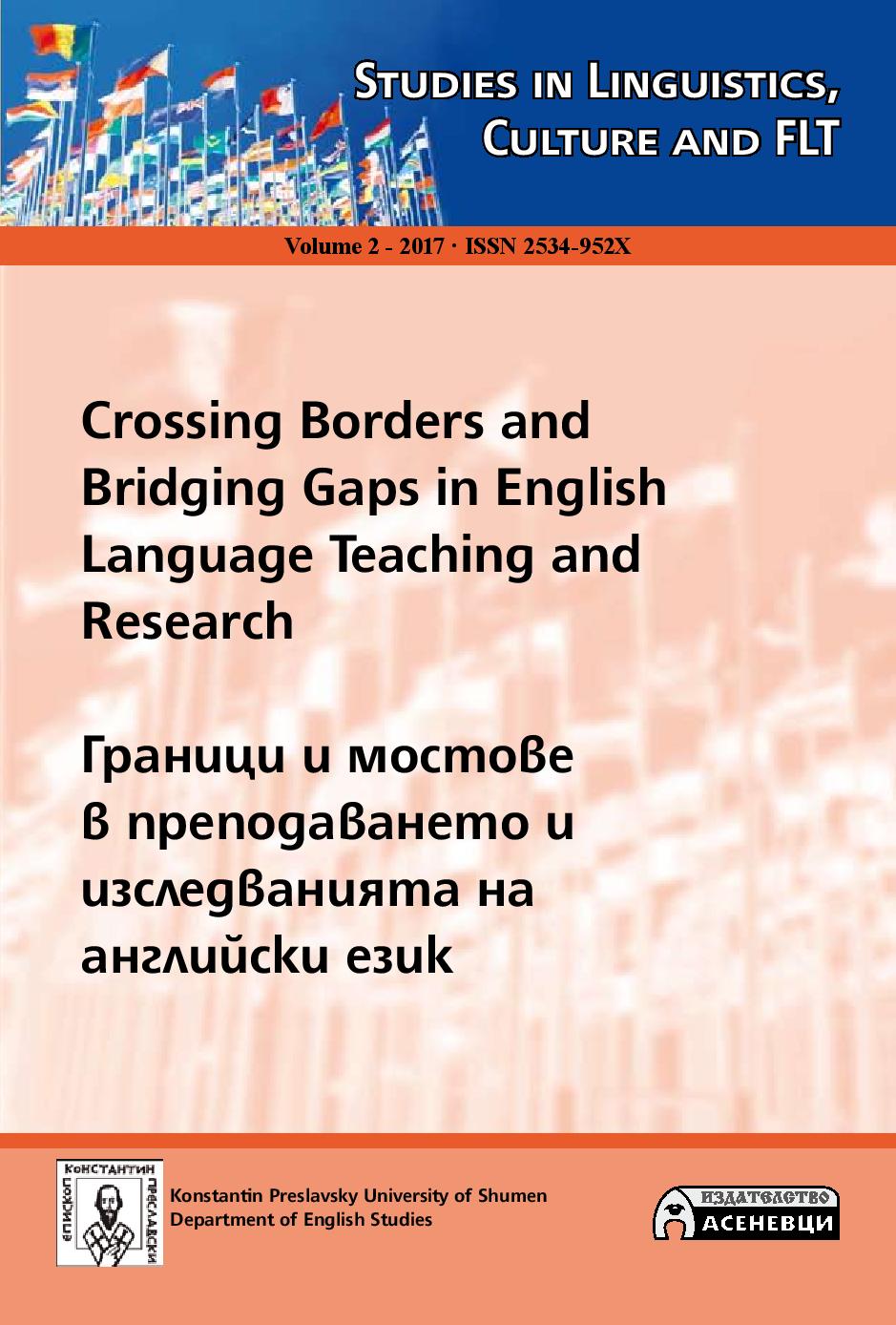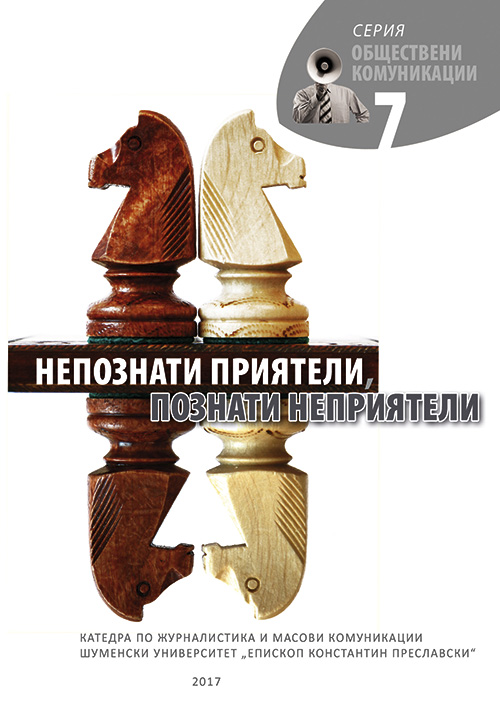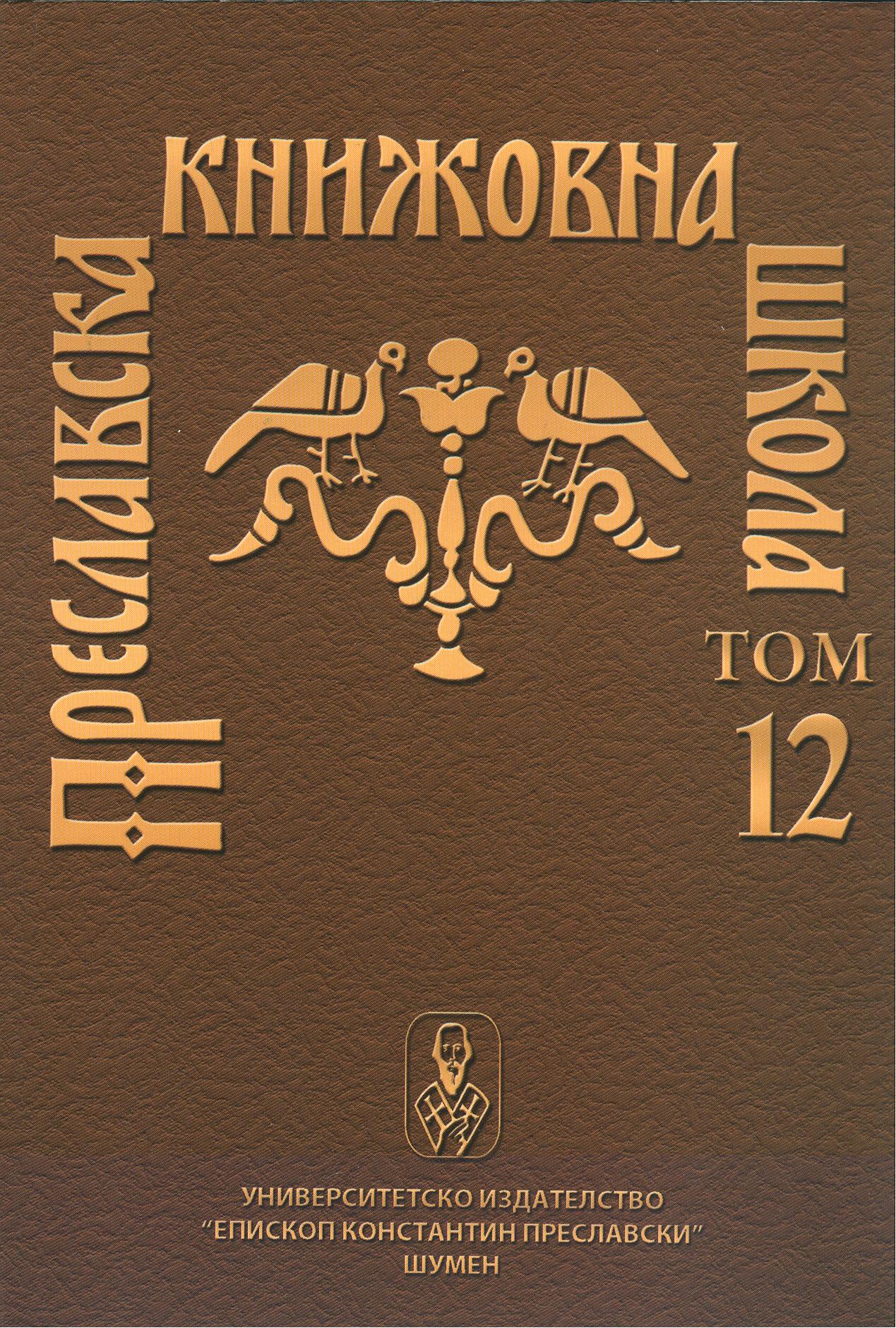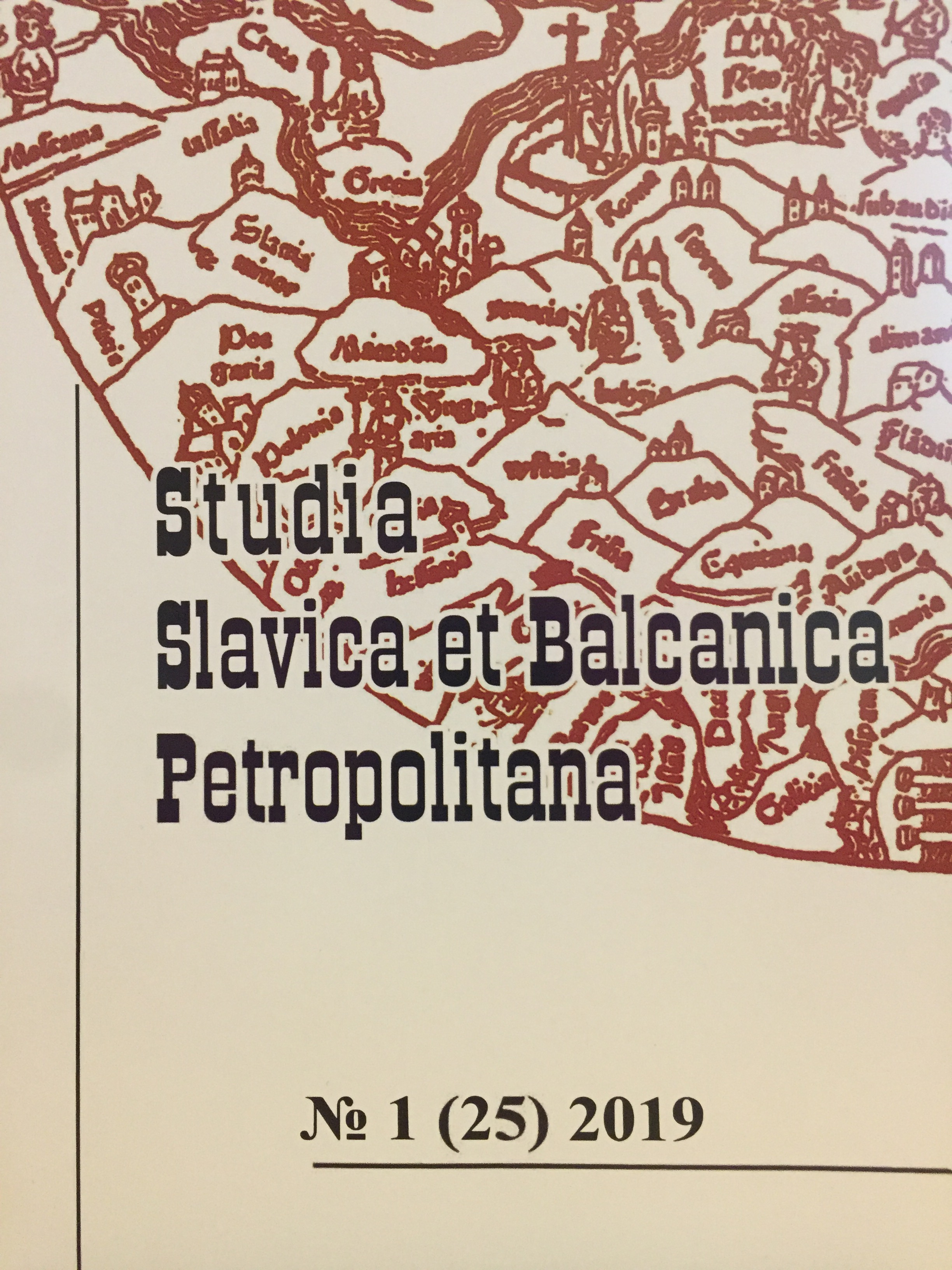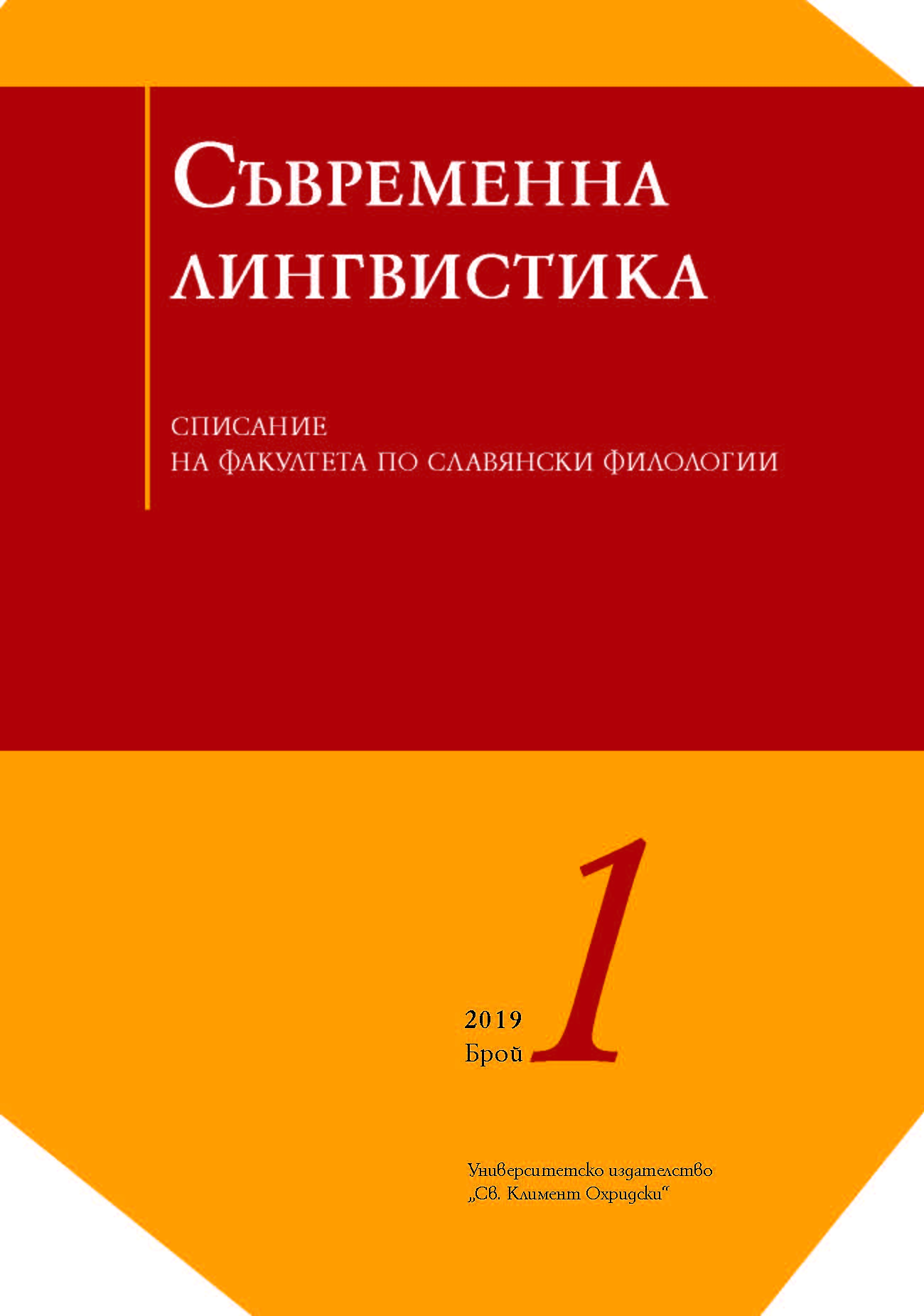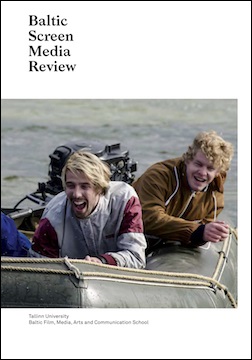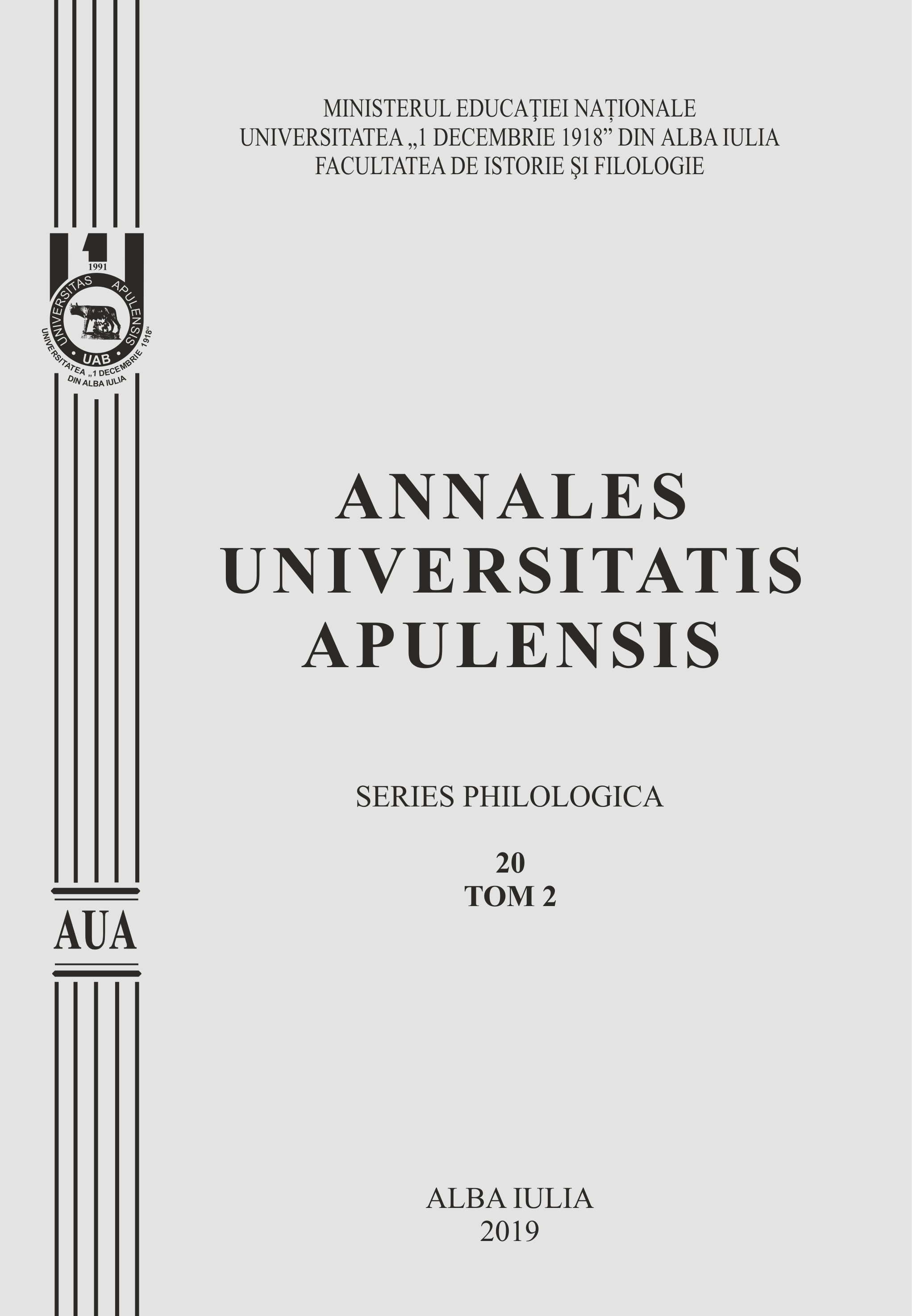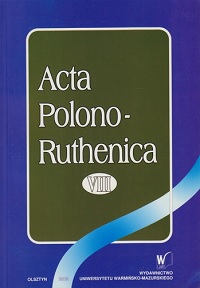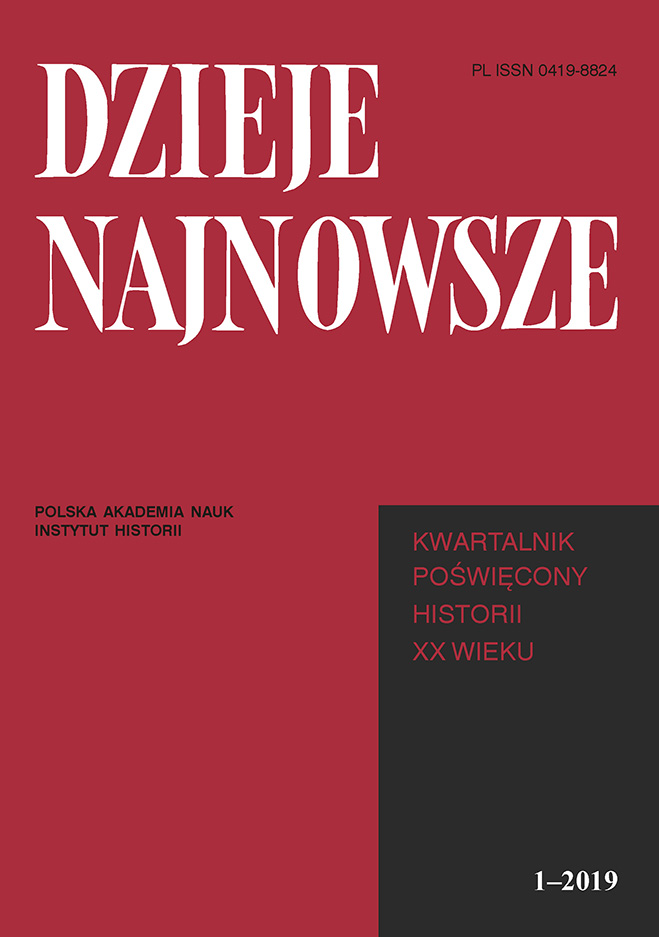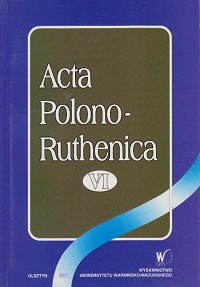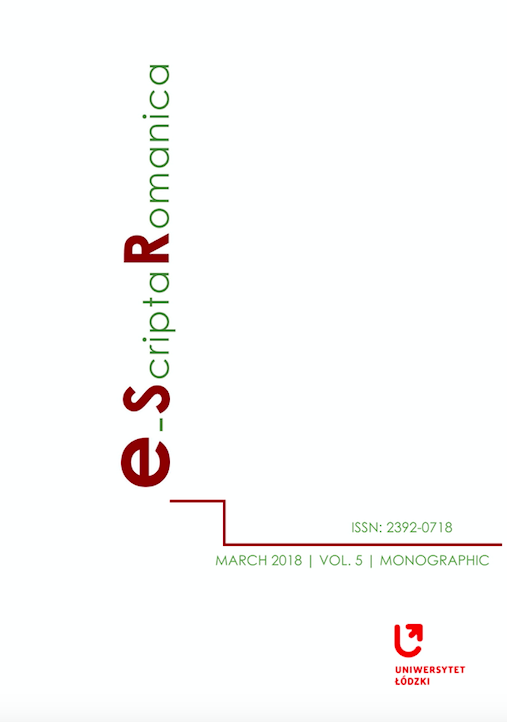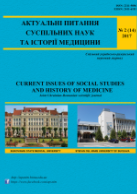
ДЕСАКРАЛІЗАЦІЯ ІСТОРІЇ ЯК МЕТОД ЛІТЕРАТУРНОГО ОПРАЦЮВАННЯ ІСТОРИЧНОГО ПОЛЯ ПОДІЙ
This article deals with the 80-th generation in Ukrainian literature, its particular, aesthetic, thematic, genre features of short fiction and its connection with the Ukrainian novel. The problem of the plot interpretation, novelistic scheme of Western and Eastern Slavic canon model drive the prose works by writers of 80-th generation to the periphery of literary process. The genetic feature of the 80-th generation played the important role in its considerable functioning especially their antihermetic and, at the same time, attachment to local schools, its biographical and situational fundamentals creative implementation. In definite context, we are going to observe a small V. Kozhelyanko’s short stories and his first book consisting of five deep in meaning, expressive and canonical due to the form of the existential novels "The logic of things". The book was published in Lviv at the publishing house "Calvary" in 2007. Five short stories in one book together are written by the author during the 2002 - 2007 years including "Tea Euphoria", "The Deserter", "Narcissus", "The Wine", "Happiness". The novels are combined in mimetic way focusing on the internal monologue of the main character as well as on the social and psychological area with existential intentions and hidden gothic which develops into a Brahmin skeptical philosophi- cal view of the World. First of all social thematic line of prose attracts our attention which is on the surface relatively to receptive components of the third and fourth levels of the text. This social motivation of the psychological feature of the characters in the stories by V. Kozhelyanko constitutes the situational valence of plot of his novels and builds the foundations of the ideological and thematic content of short fiction. In this sense revealing look is depicted in stories "The Deserter" and "Narcissus". As well we can see, the historical field of events, that do not match the historiographical one, becomes the subject of study of each generation of writers. What to 80th generation, before the writer's mind and in his life experiences appearing pictures of transformation in society and state.
More...
